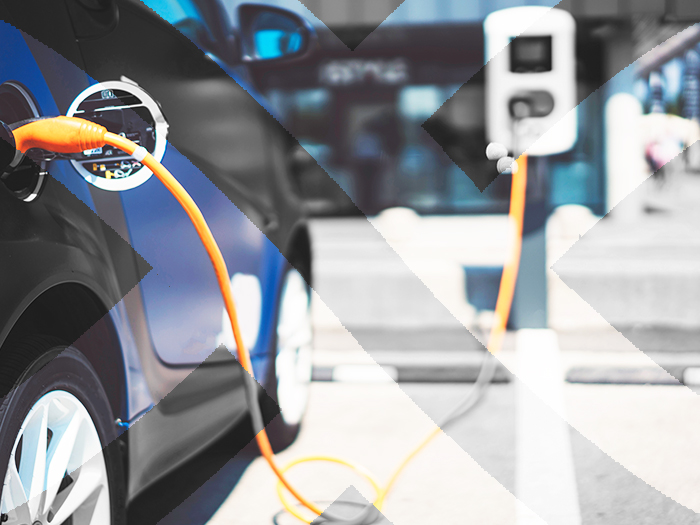Insights
better business decisions
Posted 3 years ago | 4 minute read

UK government vows 10-fold increase in electric car chargers by 2030
The number of electric vehicle (EV) charging points across the UK will reach 300,000 by 2030 under government plans.
The EV transition is both an opportunity and a risk to the UK energy system and is part of wider changes needed to deliver net zero across the whole economy. Unveiled on 25 March the UK Electric Vehicle Infrastructure Strategy, noted that the UK is a “leader in the EV transition and in many aspects of charging infrastructure provision”. There are around 29,600 public charge points in the UK of which over 5,400 are ‘rapid’ chargers. This infrastructure is already serving over 750,000 plug-in vehicles (of which over half are pure battery electric).
The strategy confirms that the government will work with Ofgem to ensure chargepoints can seamlessly integrate with the energy system. This will include ensuring the majority of charging is “smart” and ideally off-peak, that connection costs do not avoidably deter chargepoint deployment, and that EV charging infrastructure makes the most efficient use of the electricity system. This will help ensure that charging costs are fair for both consumers and businesses.
It noted that there is huge scope for chargepoint operators to gain by selling services to the grid, for the grid to gain by increasing flexibility, and for consumers to ultimately benefit through cheaper, and potentially even negative, tariffs if they agree to cede some control over charging or even share some of their vehicle’s battery capacity. The government said it will continue to facilitate this innovation and encourage new business models to deliver the charging we need. This could be through local community charging companies, longer-term on-street concessions, remote charging, cable guttering, lamppost chargers or peer-to-peer charging services.
The strategy also set out plans to:
- accelerate the rollout of high powered chargers on the strategic road network through the £950M Rapid Charging Fund. In addition, every motorway service area would have at least six rapid chargers by the end of 2023. Electricity network capacity at motorway service areas will be ready to meet demand to 2035 and beyond. A consultation will be issued on proposals to mandate service area operators and large fuel retailers meet minimum chargepoint numbers at specific sites.
- Transform local on-street charging by putting an obligation on local authorities to develop and implement local charging strategies to plan for the transition to a zero-emission vehicle fleet. The £500M local infrastructure support programme will also be utilised to drive innovative new approaches to deploying local chargepoints at scale. A dedicated local authority support programme will be established to ensure they have the resource and expertise they need to plan accordingly.
GridBeyond Managing Director UK & Ireland Mark Davis said:
“Falling costs, widening availability, and support from policy-makers, have spurred a recent rise in sales of EVs, but as they become more common, electricity demand will inevitably rise. This will create new opportunities for commercial EV fleets. Ultimately, it could help turn what is currently a cost centre – refuelling – into a potential revenue stream through optimisation of electricity use.
“But increased charging during the day will require data intelligence and management to avoid being exposed to peak prices. GridBeyond’s point technology and platform can not only help a business avoid these costs but actually turn them into new revenues, thereby supporting further EV rollout and decarbonisation of the power system.”
“At GridBeyond we partner with local authorities and bus and fleet operators as well as charge point operators (CPOs) and infrastructure providers to deliver innovative solutions that optimise the way energy is purchased, stored and used. Our energy services help you avoid charging at times of peak prices and by optimising your demand, generation and storage assets, alongside your EV fleet.”







